Last Updated on April 12, 2023 by
Sustainable tourism in Luang Prabang is seen in each activity, hotel, cafe as well as in town infrastructure. Here are some of the initiatives taken by Luang Prabang tourism board, local hotels, restaurants and the community which are worth applauding that the tourists should know of and respect in safeguarding it.
Luang Prabang, is one of the most popular tourist destination in Laos. Thanks to its UNESCO World Heritage town tag, it is rightly developed into sustainable tourism hotspot. Things to do in Luang Prabang include adventure sports, spiritual tourism, culture, food and nature tourism does all that keeping sustainability in mind.
Table of Contents
Sustainable Tourism in Luang Prabang – All the Initiatives
Refill My Bottle initiative
As a part of sustainable tourism in Luang Prabang, most hotels and cafes promote the use of refillable bottles. Cold, filtered water is kept at reception/ lobby areas which are easily accessible to tourists and can be filled. Some eateries even offer a small discount if you bring your own coffee cup.
Thanks to the efforts of the German development agency, GIZ, there are even maps put up in various tourist areas which shows places that offer free water stations.
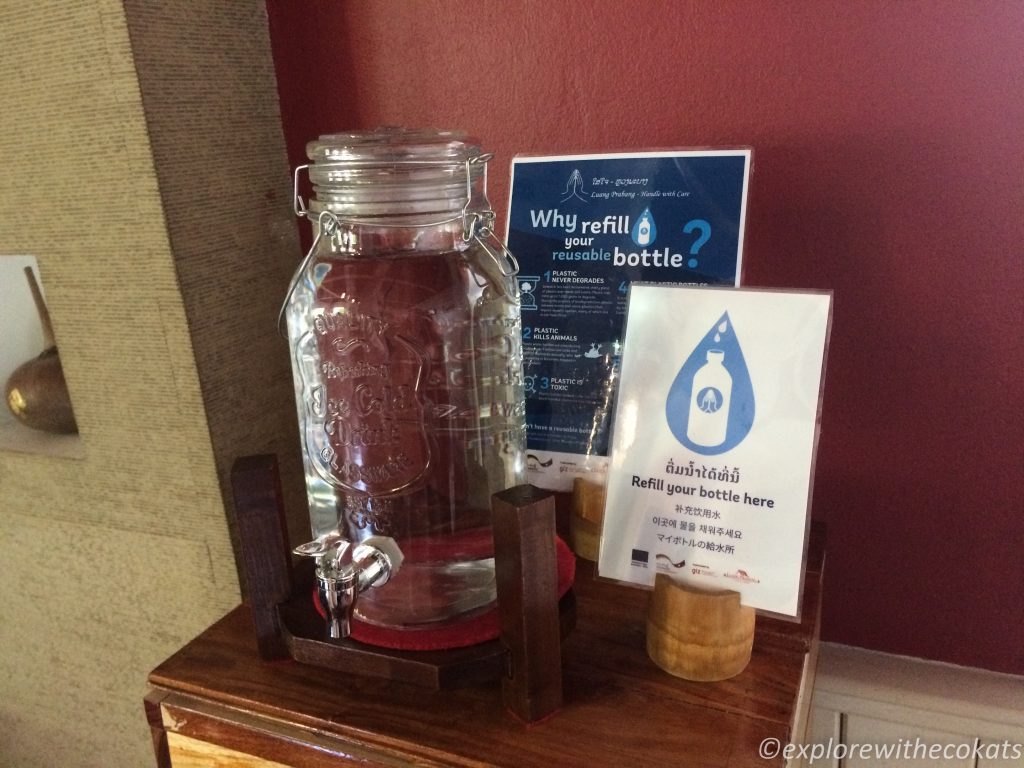
Say No to Plastic straws
Luang Prabang has taken the No Plastic straws campaign extremely seriously. Hotels and restaurants promote the use of bamboo straws by actually using them. Thanks to self-help groups like Bamboo Lao, bamboo straws and even cups are readily available and used proudly. Other products readily made using different types of Bamboo are mats, hats, small stools and others. Read about Bamboo Weaving in Luang Prabang, Laos.
You can easily buy these straws in the local night market as well.
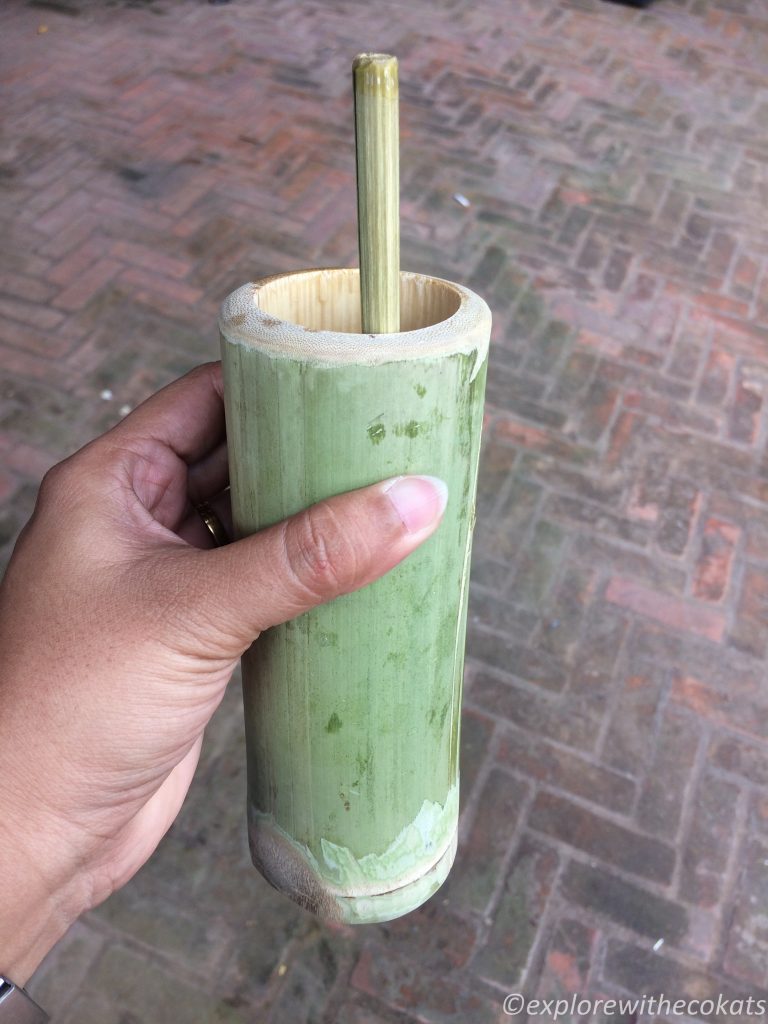
Discourage the use of single-use plastic
Whether you stay in a hostel or luxury hotel, the toiletries offered to you will be in a reusable basket or jute pouch. And you cannot stop yourself from falling in love with these small gestures and the attention to details they offer.
You will not find tissue papers for wiping hands near any washbasins in public toilets and cafes. You will see fresh, nicely folded cloth napkins/towels with a basket underneath the basin to dispose of after use. They are washed, dried and folded again for use of next tourist, just like traditional times.
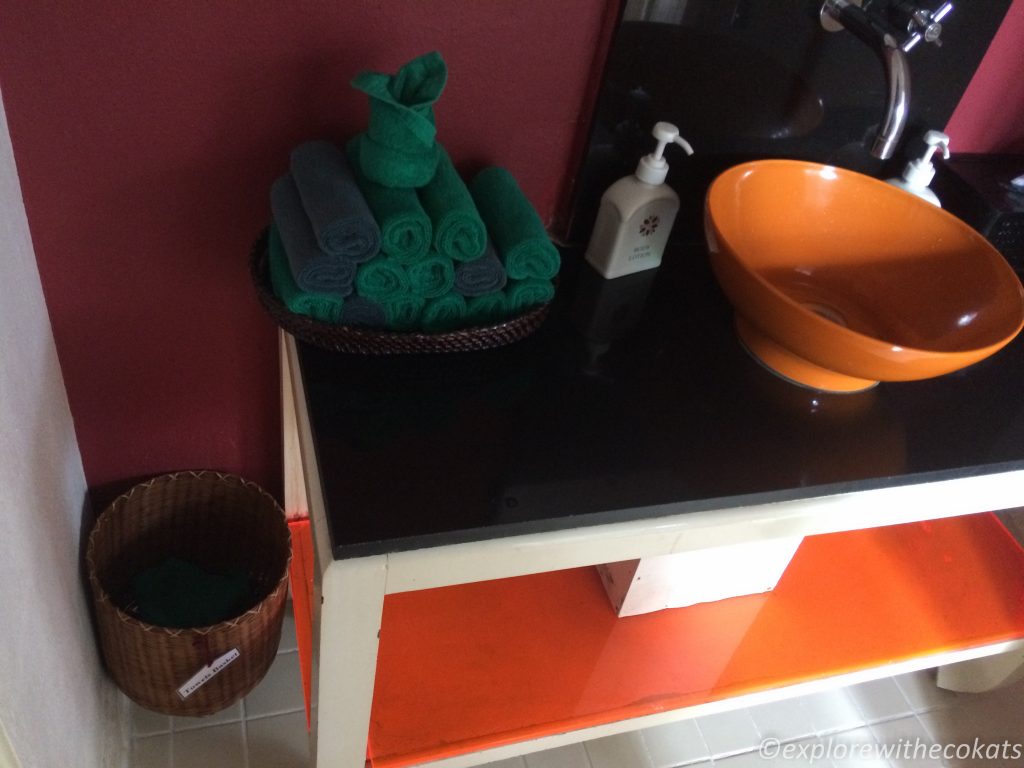
Grow Local, Eat Local
This is a mantra, quite religiously followed in Luang Prabang. Rather than importing items, the local community is employed in producing fresh products, herbs and spices which are used across the town. One can easily shop for local produce or eat them after cooking, sold in the morning and night markets of the town.
They even have Ethical cheese and sustainable coffee which is supplied to the local hotels. After Vietnam, I had honestly thought that there could be no coffee to top that experience, and boy was I wrong! So so wrong.
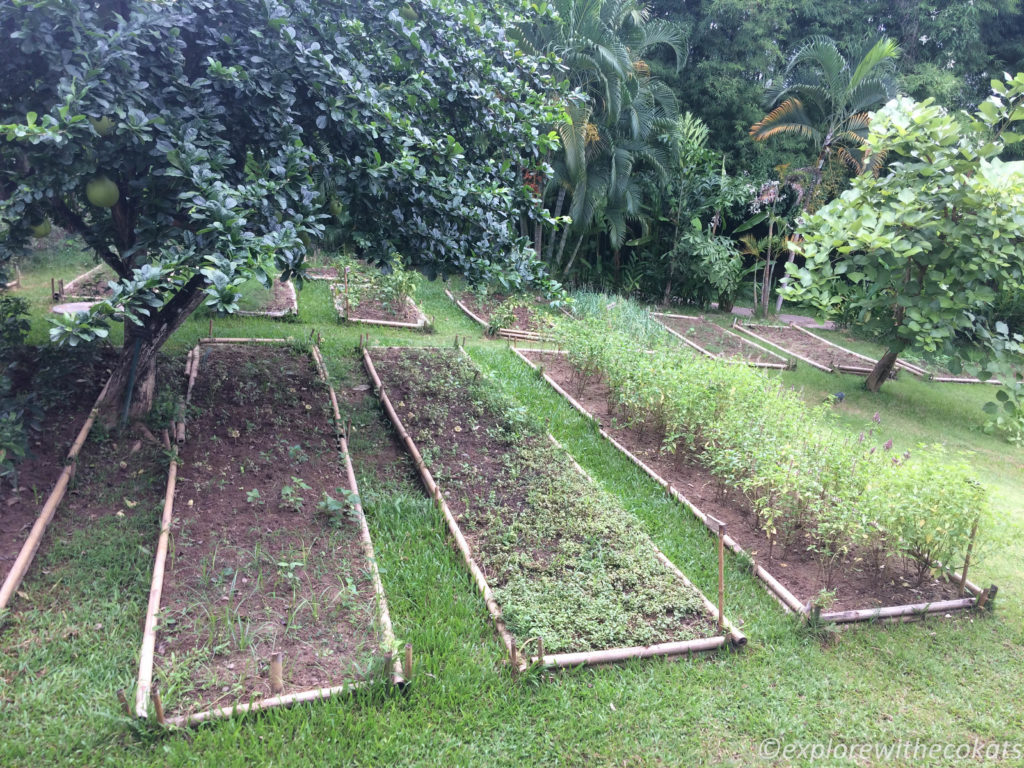
Sustainable Art and Culture in Luang Prabang
There are organizations in Luang Prabang that are working hard to preserve the ethnic traditional handicrafts by employing local villagers. Ock Pop Tok is one such organization which helps Laotian women to earn income while educating them and teaching them weaving.
“The institution’s brightly coloured textiles and designs are not just to be found in its shop, but also in its gardens, café, living crafts centre and even in its little boutique resort. The concepts and applications at work here are a true example of how responsible practices and a focus on sustainability can be both luxurious and ethical, and it not only benefits a business financially but contributes to people’s lives and conserves nature in the best way possible”. Says Khiri Reach.
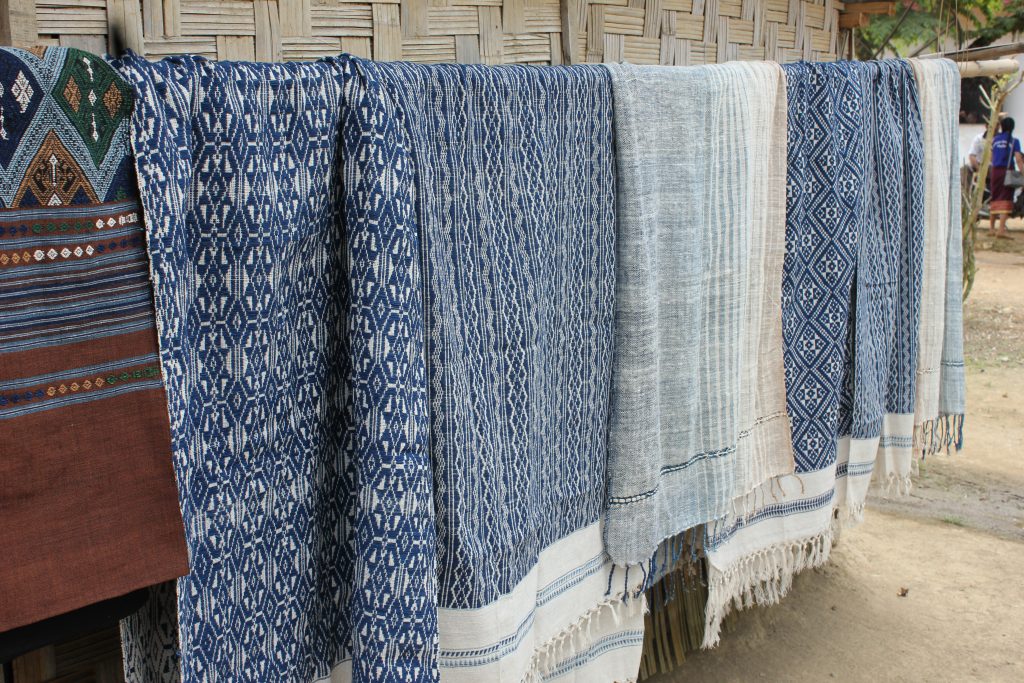
Sustainable development through education and capacity building of hospitality staff
Most hotels in Luang Prabang are part of a CSR programme wherein the hotel staff participates in sustainability workshops conducted by GIZ (Deutsche Gesellschaft für Internationale Zusammenarbeit GmbH, a German development agency). The workshop helps hotels to formulate their environmental policy and maintain data of water and electricity consumption and how to reduce it. The programme capacity builds local community members in the hospitality sector.
There are even English speaking and personal grooming classes conducted for the staff by individual hotels.
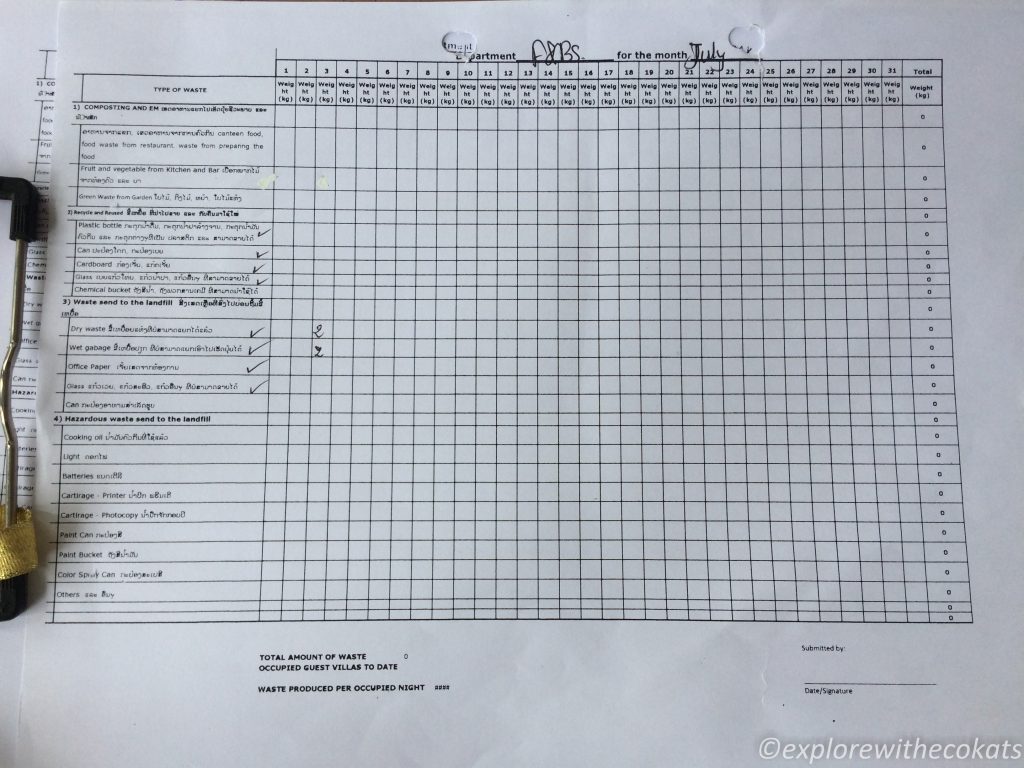
Waste Management in Luang Prabang
This is one of the important sectors which makes or breaks the town. The aesthetics of the city are completely dependent upon waste management and thankfully it is extremely efficient in Luang Prabang.
During my discussion with hotels and locals at the ‘Oh Luang Prabang you are simply Beautiful’ event, most of them said that waste was segregated into 2 major categories – food waste and recyclable waste. Most hotels have their own space for composting leftover food waste which is later used as fertilizer in their gardens. Plastic and other recyclables are sent to recycling agencies.
Since hotels are part of ‘Refill my bottle’ initiative and use refillable shampoo and lotion bottles, the plastic waste generated is negligible.
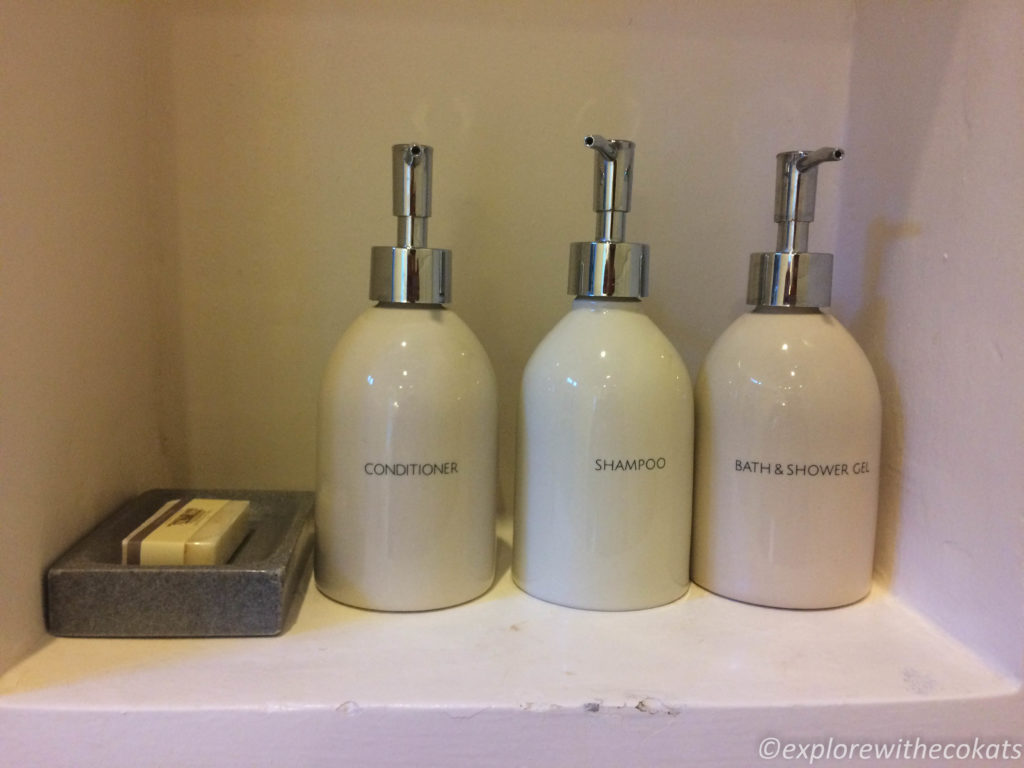
Thanks to the efforts of Sustainable Tourism in Luang Prabang, the town was awarded the Golden Award for Top Tourist Destination for seven consecutive years. (News, 2016)
The world needs more and more such tourist towns which are sustainable is all aspects. There’s lesson to be learnt here from Luang Prabang.
Special thanks to Ms Alichith Phengsavang, CSR Manager of Angsana Maison Souvannaphoum for most of the information in this post and answering my million questions on sustainability in Luang Prabang.
Read More about Laos here:
- Luang Prabang Night Market
- Nong Khiaw Viewpoint
- Luang Say Residence, Luang Prabang
- Kuang si Falls, Luang Prabang
- Ethical cheese at Laos Buffalo Dairy
Disclosure: I was invited by Laos Tourism Board and Mekong Tourism Coordinating Office (MTCO) to Luang Prabang.
Disclaimer – This post contains affiliate links. It means it adds no extra cost to you if you book through the link but I get a referral bonus which helps me earn a little to keep this website up and running. Read about my Privacy Policy.
Pin This Post!
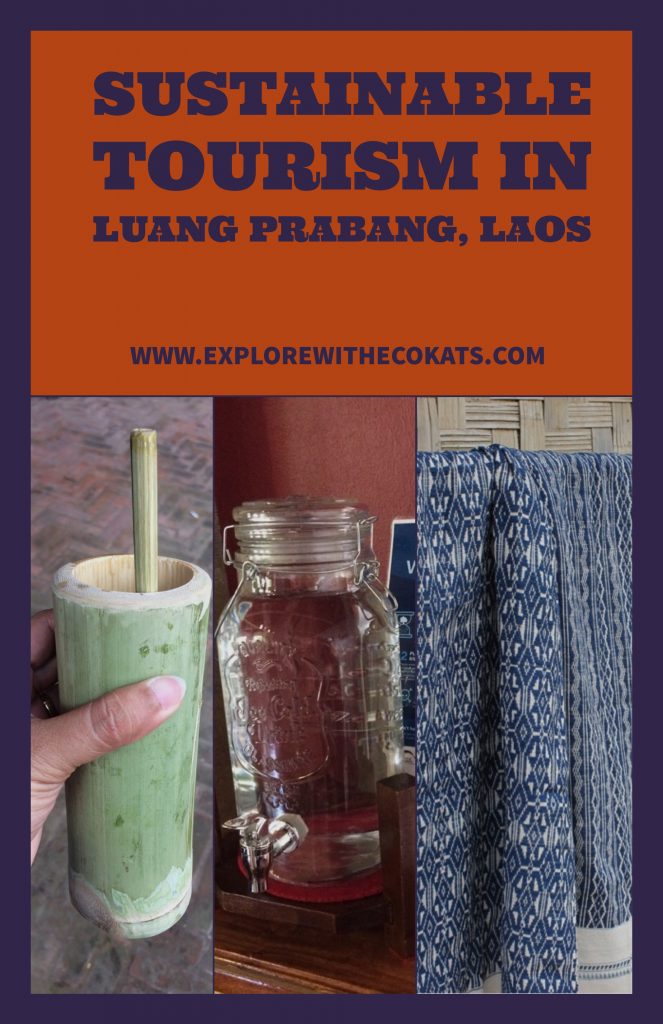

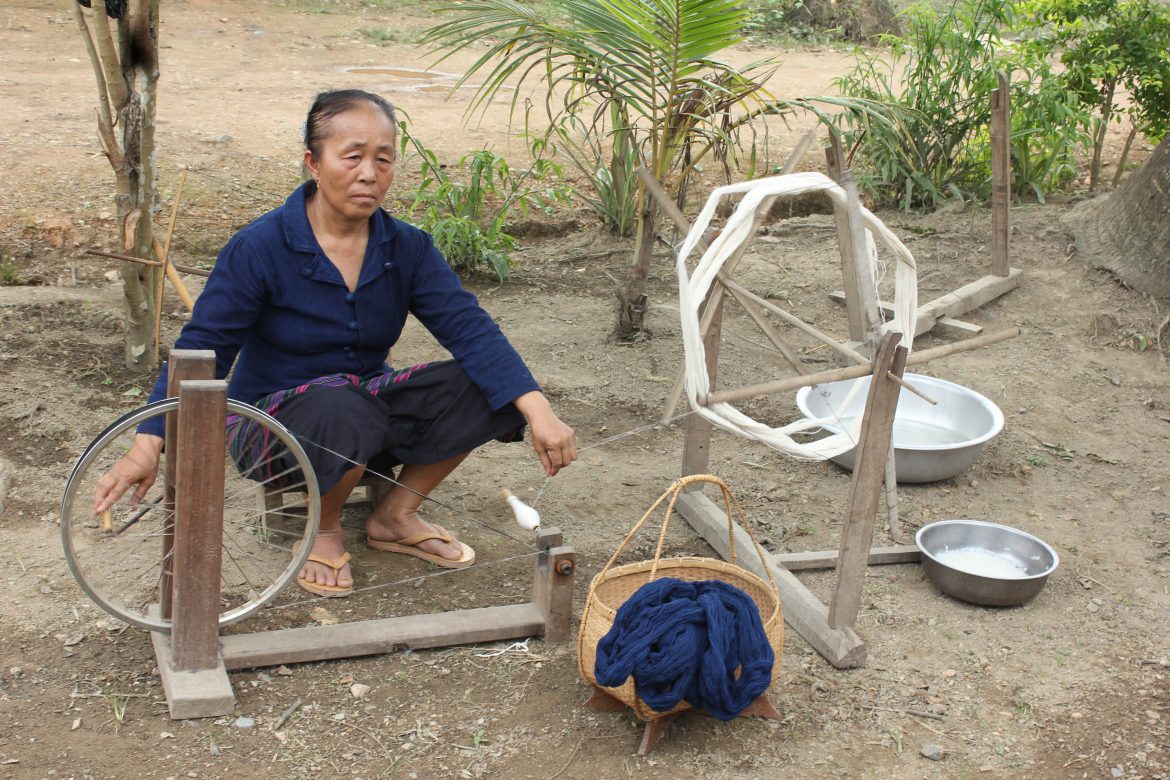
31 comments
Great guide.I love how they’re becoming sustainable and moving away from plastic. Especially the bamboo straws, in England a lot of places are replacing plastic with paper straws and they suck so bad, they go soggy & stop working D:
I absolutely love this! Sustainable tourism is something I am very much interested in. We try to avoid plastics as much as possible when we travel and in our daily lives. It’s so encouraging to see tourism organizations taking steps towards sustainable travel. Great post!
This is so amazing. As tourists and bloggers we should be so careful in promoting the right things. The article was so insightful and detailed. Absolutely loved it.. Thanks for sharing
That’s so awesome that you travel in an eco-friendly way! So important to keep this world beautiful for eternity!
Warms my heart to see that Laos is promoting sustainable tourism. Reducing plastic, through simple means such as using bamboo cups and straws means so much for our environment.
This is great! I love seeing the travel industry working on sustainability efforts. It’s the little changes like these that make big impacts.
I love the bamboo straws…sounds like a great place.
I really like that they have gotten rid of the plastics. It’s a great initiative as plastic is extremely harmful to the environment. Great post!
So heartening to know that Luang Prabang is making an effort to make tourism more sustainable. Doing away with plastic is a great start! Waste management is necessary in any place with a large tourist inflow. Hopefully, other countries in the region will take a leaf out of their book.
It’s so good to know that Luang Prabang has become a more sustainable town, and forces the tourists to be more environmentally responsible too. We visited Luang Prabang a few years ago, and it wasn’t quite like that: we still got lots of plastic bottles and bags, and we saw many tourists throwing trash on the streets and being unrespectful to the locals. Of course, this made us quite angry and our local guide also told us that people in Luang Prabang started to dislike foreigners. It looks like the situation got better in years, which is really good news!
This is a great idea that is long overdue. I think western tourism venues should take note of these efforts and implement a more sustainable culture.
So glad they are taking a great deal of care to promote sustainable habits. It never ceases to amazing me how many plastic water bottles are given to guests at resorts around the world, along with straws in every drink. Just eliminating those would make a significant impact on the health of the environment and the future of our planet. Great to be able to read about this on your blog.
I’m all about the bamboo straws! As a straw lover (I hate drinking straight out of a glass), I know the use is ridiculous so I’m very glad that alternatives are popping up like this! I also love that in the hotels and hostels the toiletries are offered in reusable containers, that’s awesome! I also love to eat food grown locally-that farm to table concept is fabulous! I totally see why Luang Prabang has been given the Golden Award for Top Tourist Destination, they are killing it in the Sustainable Tourism department!!
We are so happy to hear about more and more travel options for sustainability conscious travellers. The tourism and hotel industry is very wasteful and most of the time it is because of laziness. Every traveller should support this style of travel whenever possible. Thanks for sharing. Keep travel blogging. Adventure is better shared with friends!
As we travel the world its so important for us not to leave our mark on the local environment. I just LOVE the bamboo straws! I really like the idea of fresh towels rather than disposable. I’ve only seen it in one location here at home and thought it was so smart. The fact that the hotels compost their food waste is wonderful!
Truly loved reading this post and I so hope that this reaches many more readers. The tips suggested here can be applied to sustainable tourism at so many places and encourages responsible habits! At the same time, I am reminded of the fact that during my trip to Laos, I could not cover Luang Prabang and have to go back! 🙂 We have been slow traveling in Hiamchal Pradesh these days and glad to share that have been following most of these sustainable tourism tips! Somewhat similar initiatives taken by the government here too.
I’ve never been to Laos but I am so glad to know they are making such great strides in sustainable tourism. It looks like they are way ahead of many of the places I visit in the United States. I remember seeing the author of “1,000 Places to See Before You Die” do a presentation and she said Laos was one of her favorite places on Earth. Nice.
The avoidance of garbage and especially of plastic waste is very important to me. Unfortunately, I find that many tourist hotspots still have not understood how important it is for our environment. Especially in hotels, I often do not understand why the towels are changed daily – who does that at home? We always carry our refillable bottles with them and refill them at every opportunity.
Great when a region takes the step in the right direction!
I love sustainable tourism, but what is sad is that only the main places are taking steps to change.
The majority of places in the 2nd and 3rd worlds don’t really care!! It is a western thing really and even most of them dont care that much.
I am in Bali at the moment and we had heaps of rain and the wrong winds, you should have seen the rubbish.
I surf and I had to paddle through bags and packets all over the place. Don’t even get me started on what was on the beach!
The problem is huge, a few straws made of paper will hardly make a difference to the pollution.
The problem stems from the land in villages where there is no rubbish collection and locals place the rubbish near houses, when it rains some of the rubbish washes down the waterways and out into the ocean.
Times this by millions of people and you have mass rubbish floating in the sea which you will only see on the wrong winds and tides.
Not sure what to do here!
Any suggestions would be great!
I can imagine your frustration. The biggest challenge especially in Asia is the mentality that ‘it is not my job’ and the urban body should deal with it as i pay my taxes! All developing countries badly need awareness and behaviour change education on handling of waste and what will happen if they don’t. Major fines could be started just to get the campaign started.
It’s so great to see that more and more cities are holding tourists accountable for their eco-waste! I love that GIZ is promoting such sustainable projects as well. I wish to see this everywhere and not just in Laos.
Couldn’t agree more with you! Love your post! To me is imperative to have a positive social and environmental impact on the communities I visit during my travels. It’s so important to give back and to choose sustainable options. I haven’t been to Laos yet but will have a look at your post again when I do.
Pretty! This was an extremely wonderful post. Thank you for providing this info.
Thank you so much Rick.
[…] Saffron Coffee is probably one of the most popular cafes in Luang Prabang amongst tourists and expats. This cute little shop serves up a killer cup of joe and yummy goodies and also leads the charge when it comes to sustainable tourism in Luang Prabang. […]
Oh my, I can’t wait to return to Laos, I had such a wonderful time there. 🙂 And great posts, happy the world is turning eco friendly.
Happy to see they are on the right path! I visited Laos back in 2007 and that definitely wasn´t the case back then. Nice post x
What an interesting side if travel life!
Sustainable cheese?? Yes, please! Great post. I have so much yet to see in this region of the world, and you’ve certainly fueled some wanderlust!
It’s been some time ago that I was in Luang Prabang. It’s great to read about these new sustainable initiatives.
[…] of the region and local communities. One of those ares to receive an increased focus is Luang Prabang, which is quickly becoming a top responsible tourism destination in Southeast Asia. As a UNESCO […]